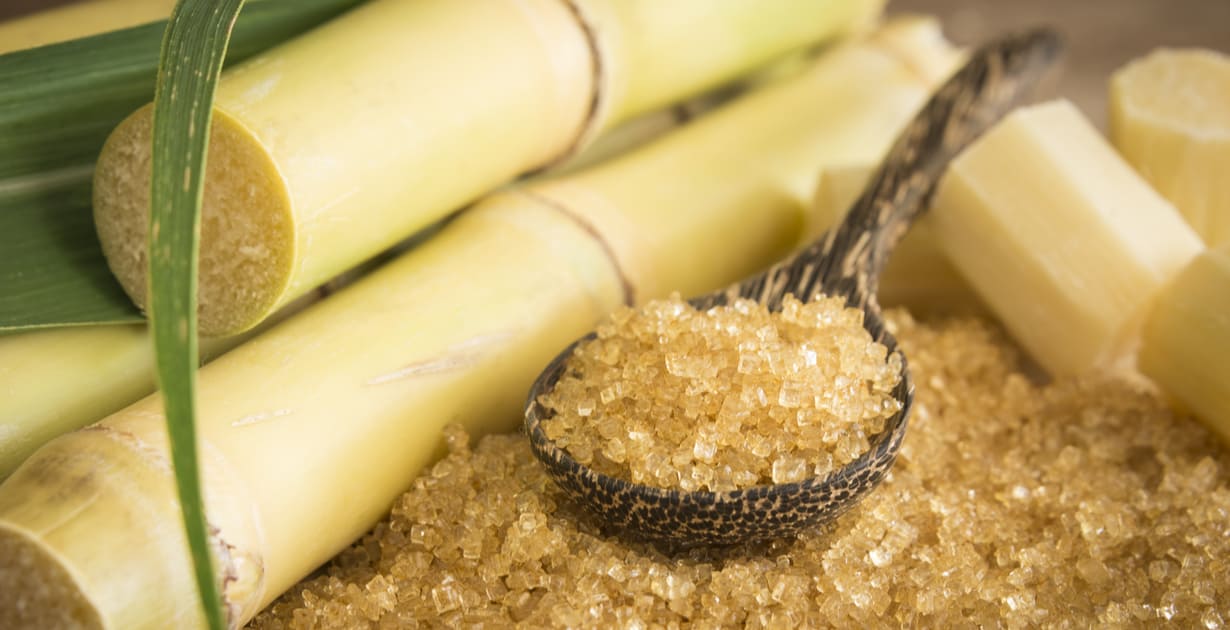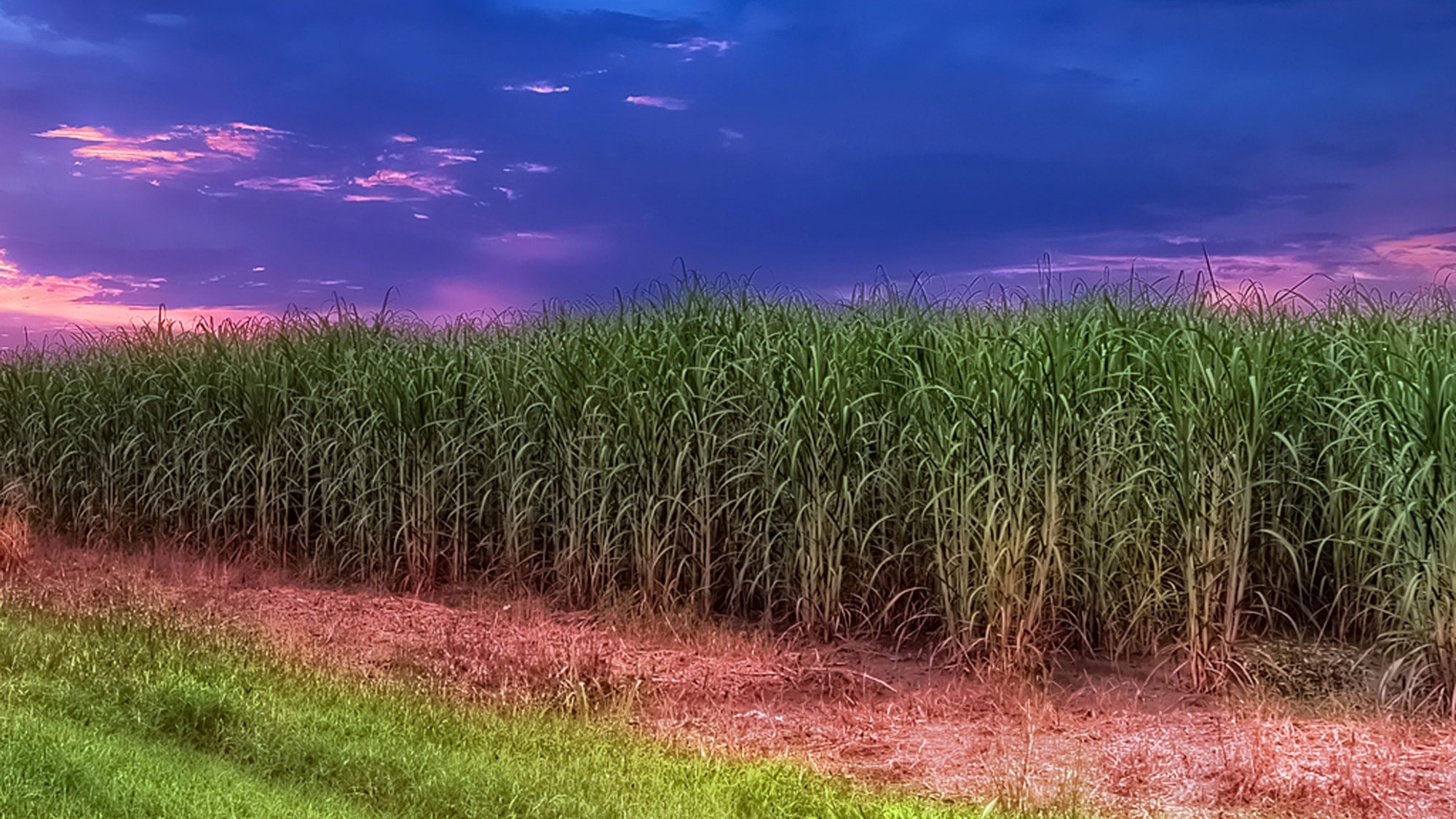Sugar and Cane: Exploring Their Role in Traditional and Modern Cuisine
Sugar and Cane: Exploring Their Role in Traditional and Modern Cuisine
Blog Article
Why Walking Stick Sugar Handling Chemicals Are Important for Modern Sugar Refining
The duty of walking cane sugar handling chemicals in modern-day sugar refining can not be overstated, as they are essential to improving both the effectiveness of extraction and the total top quality of the last item. Representatives such as phosphoric acid and certain flocculants are employed to remove contaminations, resulting in sugar that not just satisfies consumer assumptions yet additionally sticks to industry standards.
Duty of Handling Chemicals
The efficiency of walking cane sugar processing hinges significantly on the strategic application of handling chemicals. These chemicals play a crucial function in boosting the efficiency and quality of sugar removal and refining. From the first phases of juice removal to the final filtration steps, handling chemicals assist in various important operations.
In the extraction phase, chemicals such as phosphoric acid and calcium hydroxide are used to optimize the information procedure, assisting to eliminate pollutants and suspended solids from the walking cane juice. This not only enhances the return yet additionally makes sure the clarity of the last item. In addition, agents like flocculants help in the fast settling of impurities, consequently simplifying the total process.
As the processing developments, chemicals are used in decolorization and formation stages. Turned on carbon and ion exchange resins serve to remove color and smell, ensuring that the polished sugar meets customer quality requirements. Eventually, the duty of handling chemicals prolongs past functional efficiency; they substantially impact the sensory attributes of the final item, adding to market competition. Hence, the precise choice and application of these chemicals are important for attaining optimum outcomes in walking stick sugar handling.
Key Kinds Of Chemicals
Walking cane sugar processing relies upon a variety of key chemicals that promote each phase of manufacturing. These chemicals play vital duties in making clear, lightening, and purifying the sugar extracted from cane.
One main group of chemicals consists of flocculants, such as polyacrylamide, which help in the information procedure by advertising the gathering and settling of pollutants. Furthermore, calcium hydroxide is commonly employed to neutralize level of acidity and aid in the elimination of non-sugar parts.
Whitening agents, such as triggered carbon and sulfur dioxide, are utilized to decolorize the syrup, resulting in a clearer last item. These chemicals help remove color substances that might affect the sugar's appearance and bankability.
Moreover, phosphoric acid offers as a pH regulatory authority throughout the handling stages, ensuring ideal conditions for the chemical tasks entailed in sugar removal and filtration.
Various other vital agents include edta (ethylenediaminetetraacetic acid), which chelates steel ions that could catalyze unwanted reactions, and sodium hydroxide, which assists in pH control throughout the refining process. Jointly, these chemicals enhance efficiency and make sure a high-grade walking stick sugar product.
Benefits for Sugar Quality
Often forgotten, the usage of certain processing chemicals substantially improves the total quality of walking stick sugar. These chemicals play a crucial function in refining procedures, making certain that the last item fulfills stringent sector criteria for purity and preference.

Furthermore, refining chemicals assist in achieving a consistent granulation and appearance, which are vital for customer approval. By managing the crystallization procedure, these chemicals make sure that the sugar crystals create uniformly, resulting in an extra attractive item that dissolves well in numerous applications.
Moreover, making use of these chemicals can boost the life span of walking cane sugar by decreasing dampness absorption and microbial development. Overall, the critical application of handling chemicals is essential for delivering high-quality walking stick sugar that satisfies consumer assumptions and sector demands.
Ecological Influence Considerations

Additionally, the energy-intensive nature of sugar refining, compounded by chemical use, usually leads to boosted carbon emissions. This adds to environment change and increases worries concerning the sustainability of current refining methods. Furthermore, the sourcing of these chemicals might involve practices that endanger biodiversity, such as monoculture farming, which minimizes the strength of farming environments.

To minimize these effects, sugar refiners are increasingly discovering sustainable alternatives and taking on ideal techniques that minimize chemical use. Carrying out rigorous environmental monitoring systems can help make certain that the refining process aligns with environmental standards and advertises biodiversity. Inevitably, a balanced approach that focuses on both sugar quality and environmental stewardship is crucial for the long-lasting stability of the sugar industry.
Future Patterns in Refining
As the sugar market comes to grips with the environmental challenges connected with conventional refining techniques, innovative methods are arising to boost both effectiveness and sustainability. One significant pattern is the adoption of eco-friendly chemistry concepts, which focus on making use of safe, naturally degradable handling chemicals. This change not only decreases environmental influence but also addresses consumer demand for cleaner production techniques.
Another promising advancement is the implementation of sophisticated filtration technologies, such as membrane layer splitting up and adsorption processes. These techniques enhance the clearness and top quality of the sugar while minimizing the quantity of wastewater created throughout refining. Furthermore, the integration of electronic technologies, including IoT and AI, is changing functional performance by making it possible for real-time tracking and predictive maintenance, thus reducing resource waste.
Furthermore, using byproducts from sugar refining, such as bagasse and molasses, is obtaining grip. These products can be converted into biofuels or value-added products, adding to a circular economic situation within the industry. Jointly, these trends indicate a shift towards even more sustainable practices that not only enhance functional efficiency however likewise align with international sustainability objectives, guaranteeing the future practicality of sugar refining.
Final Thought
Cane sugar processing chemicals are necessary in contemporary sugar refining, considerably boosting the effectiveness and high quality of sugar removal. The tactical use of these chemicals not only improves the pureness and taste of the last item but also makes sure regular formation and texture. As the industry increasingly focuses on sustainability, the adoption of environmentally-friendly processing agents is likely to shape future patterns in refining, ultimately resulting in greater top quality products and expanded life span for customers.

Eventually, a well balanced approach that prioritizes both sugar top quality and environmental stewardship is crucial for the long-term feasibility of the sugar market.
Walking cane sugar processing chemicals are essential in modern-day sugar refining, significantly enhancing the performance and quality of sugar removal.
Report this page